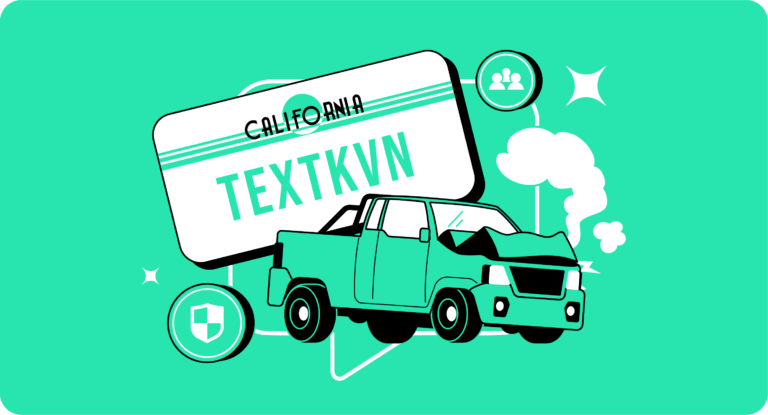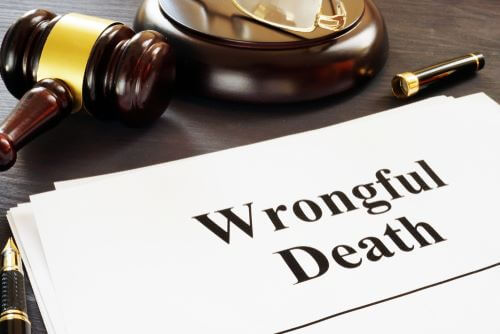What Is a Fatal Accident Claim?
A fatal accident claim is a legal action by the deceased’s family or estate against the at-fault party or their insurer, seeking compensation for damages like loss of support, funeral expenses, and emotional suffering, with awarded amounts varying based on case specifics, state laws, and level of fault.
Losing someone in an accident is one of the hardest things a family can go through. However, what if that accident was caused by someone not following the rules or being careless? In the U.S., there’s a system in place to help families in these tough times: fatal accident compensation.
With the right help—like good lawyers—families can get the support and justice they need. This guide is here to break it all down in simple words, so you know what to expect and how to get help.
Factoids About Accident Compensation
| Factoid | Description |
|---|---|
| Leading Cause of Death | Personal injuries rank 4th among America’s leading causes of death, with around 225,000 deaths. |
| Construction Industry Injuries | In 2021, 958 serious personal injuries in the construction industry were recorded. |
| Motorcycle-Related Injuries | In 2019, 81,000 motorcycle-related injuries were recorded. |
| Females and Fall Incidents | Females are more likely to have a fall incident, with 59.6% compared to men. |
| Older Americans and Falls | 1 out of 4 Americans older than 65 experiences a fall each year. |
| Growth in Personal Injury Lawyers | 2022 saw a 1.7% growth in personal injury lawyers and attorneys in America. |
| Dog Bite Liability Claims | Dog bite liability claims cost pet owners’ insurance $1,136 million in 2022. |
| Duration of Personal Injury Lawsuit | A personal injury lawsuit would take 1-3 years to receive a verdict from a court. |
Understanding Fatal Accidents
Annually, thousands face the emotional and financial aftermath of unexpected tragedies. If negligence contributed to these incidents, it raises the question of legal redress through wrongful death claims.
These claims hold individuals accountable for fatalities due to their carelessness or intentional acts. Navigating this legal landscape involves consulting lawyers, evaluating evidence, and leveraging witnesses and reports to build a robust case.
Despite the complexity, proper legal representation enables families to confront defendants and pursue deserved justice.
Legal Rights of the Affected Families
If your loved one’s death was due to someone else’s negligence, you have rights. Specifically, you might be able to file a wrongful death claim.
Who can file a wrongful death claim? Typically, immediate family members—like spouses, children, or parents.
Having a seasoned attorney by your side can also make a world of difference. Why? Because proving negligence isn’t always straightforward.
Let’s not forget about insurance companies. They often play a pivotal role in these claims, and their interests might not always align with yours. It’s essential to negotiate, settle, and, if necessary, litigate to ensure justice is served.
Components of Fatal Accident Compensation
When a fatal accident occurs, the aftermath is not just emotional but also financial. The compensation sought in such cases aims to alleviate the monetary burdens faced by the deceased’s family. This compensation is multifaceted, encompassing various elements that reflect both tangible and intangible losses.
Below is a detailed breakdown of the components typically included in fatal accident compensation:
- Medical Expenses
- Funeral Costs
- Loss of Income
- Loss of Companionship
- Punitive Damages
- Property Damage
- Pain and Suffering
- Loss of Potential Life Experiences
- Legal Fees
- Estate and Asset Losses
Insurance Considerations
When dealing with fatal accidents, insurance plays a big role. It’s like a safety net that can help cover some of the costs.
But here’s the thing: not all insurance policies are the same. Some might have limits, which means they won’t cover all the expenses. It’s super important to really understand what’s written in the policy.
For example, if the person who caused the accident doesn’t have enough insurance, what happens then? That’s where something called “uninsured or underinsured motorist coverage” comes in.
When you’re trying to get money from an insurance company, you’ll likely deal with an insurance adjuster who will look at all the details of the accident. They’ll check things like the accident scene, any damage to vehicles, and even talk to witnesses. Their job is to figure out how much money the insurance company should give.
Sometimes, insurance adjusters might offer less money than what’s needed. That’s why it’s a good idea to have lawyers, to help out. They can challenge the adjuster’s decision and make sure families get a fair amount.
Another thing to remember is that insurance policies have lots of rules and details. Some might cover medical bills, while others might help with car repairs. There might also be rules about time.
It’s always a good idea to keep all the documents and papers related to the accident. Things like police reports, photos of the accident scene, and even notes from doctors can be super helpful. They can be used as evidence to show the insurance company what really happened and why the family needs help.
In the end, insurance is a tool to help families during tough times. But like any tool, it’s important to know how to use it right.
Settlements and Litigation
Most fatal accident cases aim for a settlement. This is an agreement between the two sides about how much money should be given as compensation.
Several things can change the amount of money in a settlement:
- How bad the negligence was
- The money the family lost because of the accident
- What the court documents say
- The views of witnesses and what evidence shows
Therefore, having a good lawyer is super important. Not only can they represent the family in court and challenge the other side if they don’t agree, but they can also prove the family’s claim using evidence and witnesses and help the family understand legal fees and other costs.
On the other hand, insurance adjusters will look at the accident details. They might offer a certain amount of money to settle or dispute or deny the claim if they don’t think their policyholder was at fault. They are also responsible for checking the accident scene and vehicle for evidence.
Sometimes, both sides can’t agree–and this is where litigation comes in. This means that the case goes to court and a jury might be called to decide. Both sides will have the chance to present their case, using evidence, court documents, and witnesses. The court then makes a binding decision.
Bear in mind that there’s something called a “statute of limitations.” Families have only a certain amount of time to file their case in court. If they wait too long, they might not be able to claim anything.
Remember, every case is different. It’s always a good idea to get advice from legal professionals to know what steps to take.
The Path Forward After a Fatal Accident
The journey after losing a loved one in an accident is undeniably challenging. But remember, you don’t have to walk this path alone.
The Crockett Law Group, with their stellar reputation as car wreck lawyers, is here to support and guide you every step of the way.
If you have questions or need assistance, don’t hesitate to reach out at (800) 900-9393. Let us help you secure the compensation and justice your family deserves.










